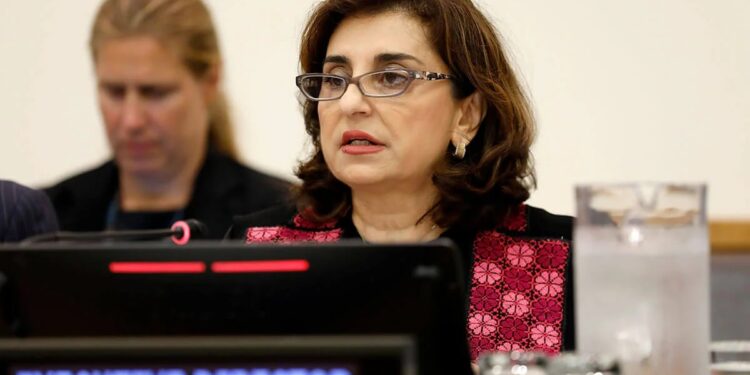By Lucy Adautin
The United Nations Entity for Gender Equality and the Empowerment of Women, commonly known as UN Women, has reported that 113 countries have never had a woman as Head of State, and currently, only 26 are led by women.
In a recent report, UN Women emphasized the importance of prioritizing women’s leadership as many countries prepare for elections in 2024. This announcement coincides with the International Day for Women in Diplomacy, which celebrates the various ways women are breaking barriers and influencing diplomacy.
“As many countries head to the polls this year, we all must put women first, at the pinnacle of power, where and when it matters the most,” stated UN Women Executive Director, Sima Bahous.
On January 1, 2024, women constitute less than a third of cabinet ministers in 141 countries, with seven countries having no women in their cabinets. Additionally, women hold only 23 percent of ministerial positions globally.
Women are also underrepresented as Permanent Representatives to the UN. In May 2024, women occupied 25 percent of senior ambassador posts in New York, 35 percent in Geneva, and 33.5 percent in Vienna.
“Our work is guided by the belief that when women lead, the world is better for all people and the planet,” said Bahous. “Women’s equal participation in governance and leadership is key to improving lives for all.”
Bahous emphasized that electing and appointing women to leadership positions demonstrates strong political will for gender equality and shows a collective commitment to addressing the world’s challenges.
“As we prepare to mark 30 years since the passage of the Beijing Declaration and Platform for Action, the world’s most progressive blueprint for advancing women’s rights, UN Women continues to work to ensure women lead and thrive in shaping and driving positive change, including through occupying the most senior positions of power,” she added.
The Beijing conference in 1995 built on political agreements from three previous global conferences on women, consolidating five decades of legal advances. It aimed to secure the equality of women with men in law and practice, accelerate the implementation of the Nairobi Forward-looking Strategies for the Advancement of Women, and remove all obstacles to women’s active participation in all spheres of public and private life through equal participation in economic, social, cultural, and political decision-making.



































